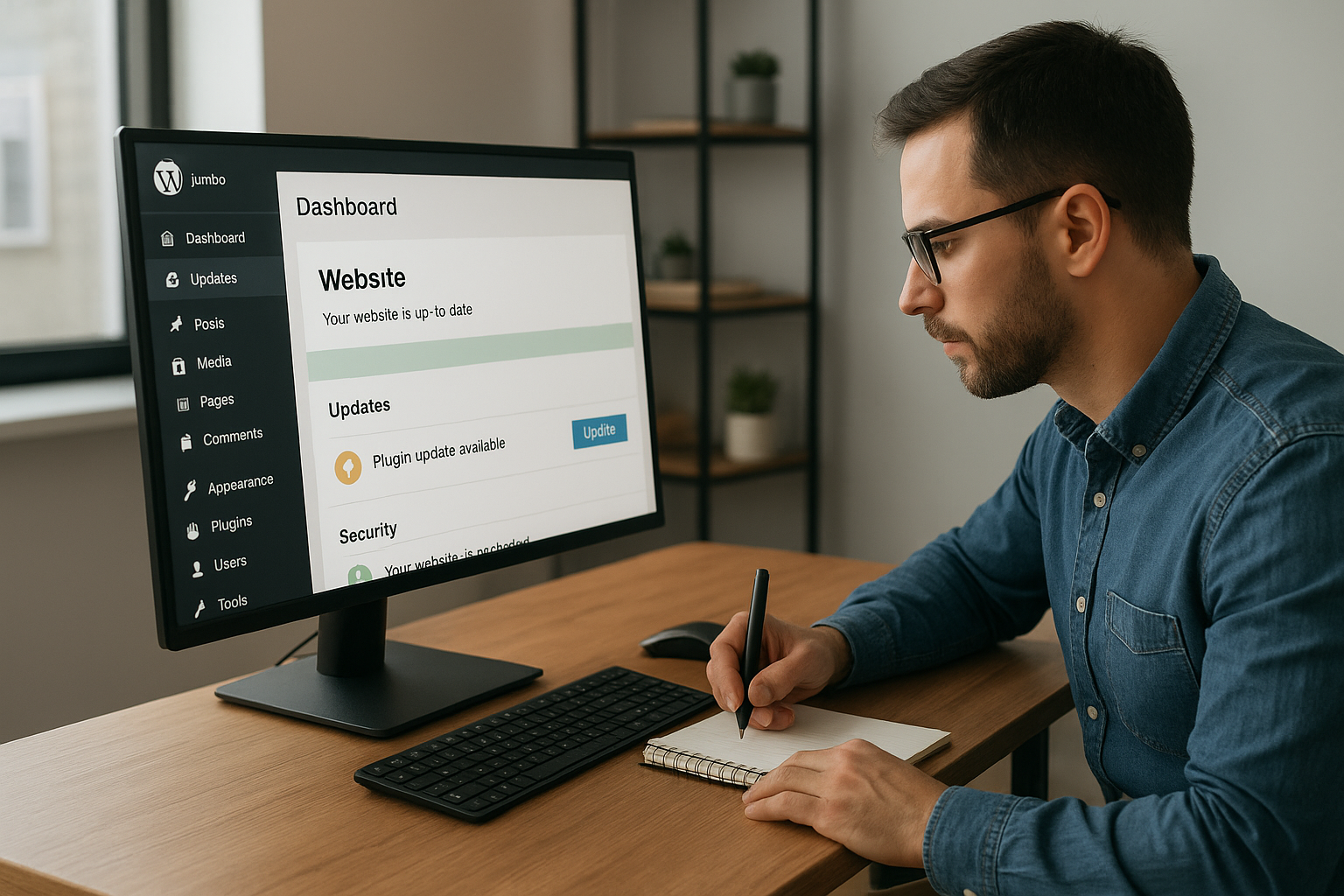
The Power of Video Marketing: Boosting Engagement and Conversions in 2025

The Importance of Regular Security Audits for Website Maintenance
Building a website is only the beginning of your digital journey. To ensure your online presence remains strong, secure, and effective, regular website maintenance is absolutely essential. Many businesses invest heavily in creating beautiful, functional websites, but overlook the importance of maintaining them. Over time, this neglect can lead to slow loading speeds, broken links, security breaches, and even complete website downtime. To prevent these issues, you need a structured website maintenance plan that covers performance, security, content updates, and user experience.
Why Website Maintenance Matters
Think of your website like a car—if you don’t regularly service it, problems will accumulate, and eventually, it may stop running altogether. Similarly, websites require frequent checkups to remain effective. Maintenance ensures that your site:
- Runs smoothly with minimal downtime.
- Stays protected against hackers and malware.
- Provides updated and accurate information to visitors.
- Maintains fast loading speeds for better user experience.
- Improves SEO rankings with fresh, relevant content.
Key Elements of Website Maintenance
To achieve long-term success, website maintenance should focus on the following core areas:
Security Updates
Cybersecurity threats evolve constantly, making it crucial to keep your website’s CMS, plugins, and themes up to date. Regular updates patch vulnerabilities and prevent malicious attacks that could compromise your data and customer trust.
Performance Optimization
Slow websites frustrate users and negatively impact SEO. Routine performance checks, image compression, database cleaning, and caching solutions help maintain lightning-fast load times.
Backup and Recovery
Accidents happen—whether it’s a server crash, human error, or hacking attempt. Setting up regular automated backups ensures you can quickly restore your site without losing important data.
Content Refresh
Search engines and visitors love fresh content. Updating blogs, product pages, and multimedia content regularly keeps your site engaging and relevant. This not only builds trust but also strengthens SEO visibility.
Broken Link and Error Fixing
Nothing drives users away faster than broken links or 404 errors. Monthly scans can identify and fix such issues to ensure smooth navigation and better user experience.
Mobile Responsiveness
With more than half of web traffic coming from mobile devices, ensuring your site remains mobile-friendly is non-negotiable. Regular testing across devices ensures flawless user experiences.
Benefits of Regular Website Maintenance
By investing in a structured maintenance plan, you can expect the following long-term benefits:
- Enhanced website security and reduced risk of cyberattacks.
- Improved website speed and performance metrics.
- Higher customer satisfaction and repeat visitors.
- Stronger search engine rankings through consistent optimization.
- Prolonged website lifespan with fewer technical problems.
How Often Should You Maintain Your Website?
While the frequency depends on the size and purpose of your site, a general schedule looks like this:
- Weekly: Update software, check backups, and scan for security threats.
- Monthly: Optimize speed, review analytics, and fix broken links.
- Quarterly: Audit SEO, update content, and test mobile responsiveness.
- Yearly: Review overall design, hosting plan, and long-term performance goals.
Conclusion
Website maintenance is not a one-time task—it’s an ongoing commitment. By implementing a consistent maintenance routine, you not only protect your website from downtime and threats but also ensure it continues to attract, engage, and convert visitors effectively. Remember, your website is often the first impression of your business, and keeping it in top shape will help you build trust, credibility, and long-term digital success.
Start investing in regular maintenance today, and your website will reward you with reliability, security, and growth for years to come.







